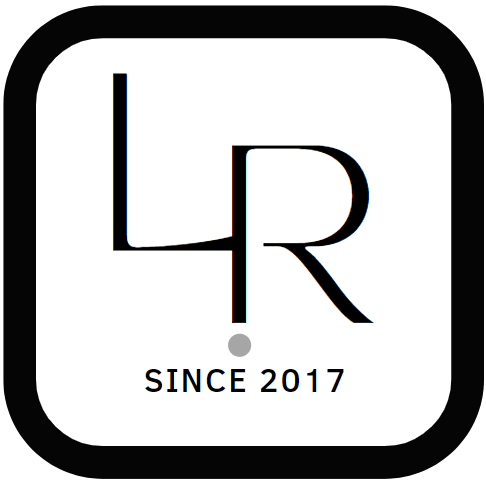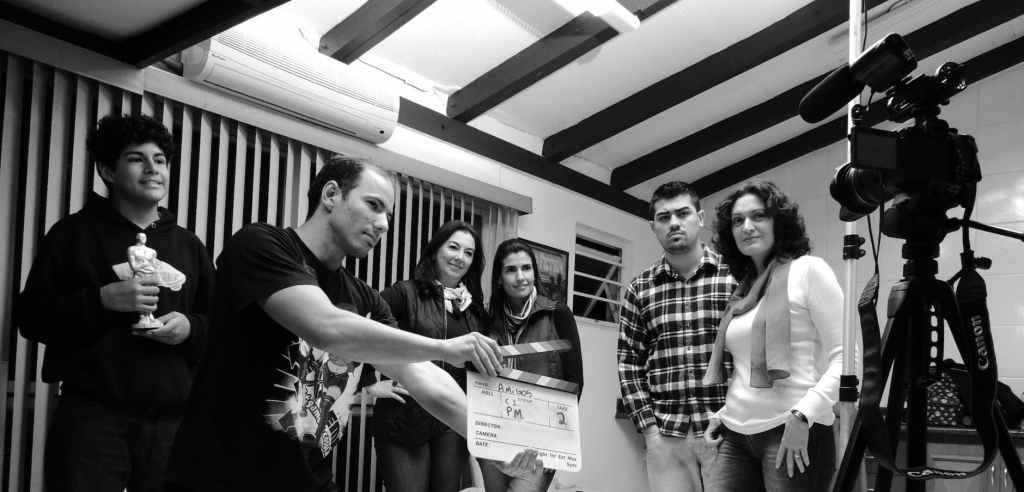“You are so focused in your roles, however; so intrigued by the reality that you have created, so entranced by the problems, challenges, hopes, and sorrows of your particular roles that you have forgotten they are of your own creation. This intensely moving drama, with all its joys and tragedies, can be compared with your present life, your present environment, both individually and en masse.” 1
Jane Roberts, Seth Speaks, 1972
In our previous exploration, we delved into how our physical senses, finely tuned to a range of frequencies, shape our perception of reality in a specific way. 2 This insight prompts us to contemplate the diverse and intricate characteristics of reality. It also suggests that there may be other realities with different conceptions of time, space, and even perception.
These conjectures gain traction when considering the soul’s role as both creator and perceiver, suggesting that experiences are consciously chosen, aligning with the soul’s ultimate objectives. 3
Furthermore, it’s conceivable that our present reality is constructed with common principles to facilitate diverse experiences, similar to setting the stage for a theatrical performance. These principles act as “basic assumptions” and form a foundation for both individual and collective life experiences.
It is worth considering the characteristics of pre-agreed setups. We remember from our previous discussion why the physical universe was created by All That Is: To Experience That Which Is Not. 4 So the setups would possess the qualities of That Which Is Not compared to That Which Is.
One fundamental assumption is the concept of ‘time,’ which we understand emerged with the physical universe during the Big Bang and the subsequent expansion of space. 5 This suggests that in the realm of the absolute, time does not exist. Time is always connected with space and is experienced by us as we navigate the ‘physical’ space.
We can consider five key basic assumptions. 6 Again, it’s important to note that these reflect qualities of That Which Is Not, viewed from the perspective of the absolute or the soul that departs from the absolute.
- That time is a series of moments one after another.
- That an objective world exists quite independently of our own creation and perception of it.
- That we are bound within the physical bodies that we have donned.
- That we are limited by time and space.
- That all perception comes through our physical senses. In other words, all information comes from without, and no information can come from within.
These assumptions, agreed upon at a soul level, underpin our existence and shape our experiences within this earthly realm. Though some mystics transcend these limitations, most individuals are deeply engrossed in the complexities of life, often struggling to see beyond the immediate drama.
Can we then view our existence as a ‘collective theatrical production,’ guided by these pre-established assumptions? As Seth, a being from beyond our three-dimensional reality, observes from the vantage point outside our reality, it is we who all set the stage for our own play to immerse ourselves in this intensely moving reincarnational drama by agreeing to perceive reality in specific ways even before our incarnations. Do we see this bigger picture?
As we embark on this inner journey, it becomes evident that there’s much more to discover about ourselves and our reality. Progressing one step at a time, we unravel the mysteries of existence, poised for deeper understanding.
Jay
Note:
1.
Jane Roberts, Seth Speaks: The Eternal Validity of the Soul, 1972
Published by Amber-Allen Publishing and New World Library, 1994
Page 46, Chapter 4: Reincarnation Dramas
2.
Essay: The Nature of Reality Perceived Through Physical Senses
3. 4,
Essay: Remembering Who We Are in the Cosmic Tapestry
5.
Neale Donald Walsche, Conversations with God Book 1, 1995
Published by Hodder & Stoughton
Page 24, Chapter One
6.
Jane Roberts, Seth Speaks: The Eternal Validity of the Soul, 1972
Published by Amber-Allen Publishing and New World Library, 1994
Page 47, Chapter 4: Reincarnation Dramas

